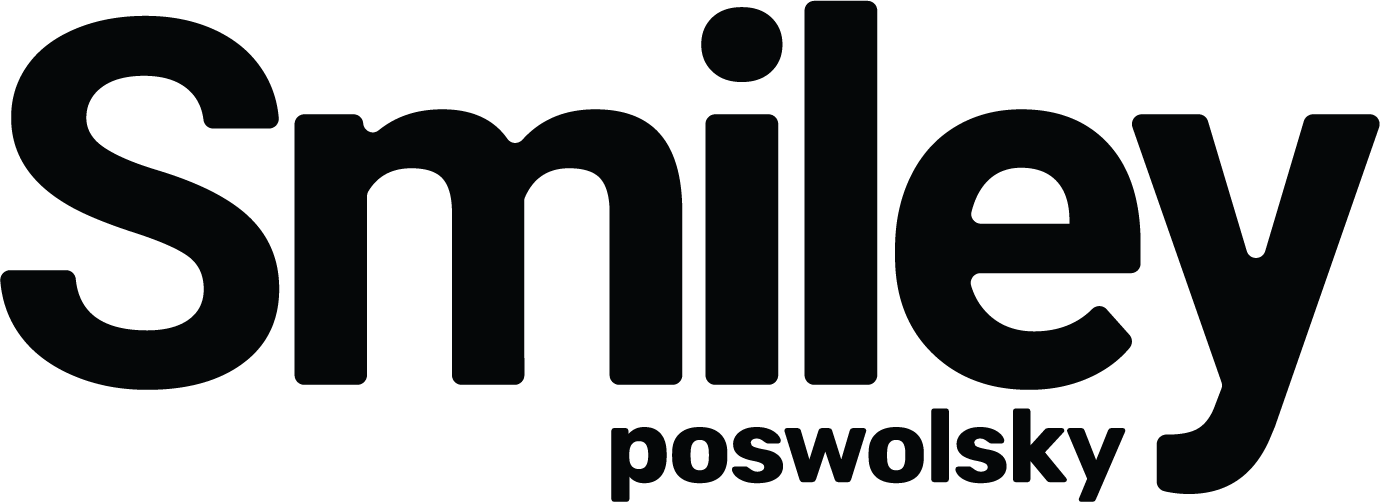5 Lessons from the Pioneers of Company Culture
Author’s Note: I originally published this article on LinkedIn on April 25, 2017.
Organizations that understand how to build an inclusive, creative, balanced, and transformative experience for their employees (and their customers) will own the future.
I recently attended The Culture Conference, an invite-only summit designed for leaders in employee engagement, company culture, HR and talent operations, diversity and inclusion, and experience design. The inaugural Culture Conference, hosted by One Workplace in Santa Clara, California, brought together HR and culture directors from companies like Airbnb, IDEO, Kiva, Pixar, Zappos, Alt School, and Singularity University. It was directed by Jenny Sauer-Klein, co-founder of AcroYoga and founder of Play on Purpose, with the mission of answering the question: how do we create cultures rooted in safety, belonging, creativity, and resilience?
Here are a few lessons I learned from some of the world’s top corporate culture pioneers:
1. Your time is finite; your energy is not.
Research by The Energy Project and Harvard Business Review has found that most employees are working at only 42% of their capacity. This means that thousands of people are going to work every day depleted, disengaged, and emotionally stressed, which decreases their productivity and leads to burnout. Arden Pennell, a senior facilitator from The Energy Project, led us through an “Energy Audit,” in which every participant in the room answered a series of 20 questions to measure their physical, emotional, mental, and spiritual energy. After completing my energy audit, I realized that while my spiritual energy is very high (5 out of 5) because I experience a great deal of meaning and purpose from my work, my mental energy (1 out of 5) and emotional energy (2.5 out of 5) are quite low due to stress, increased distractions, overwork, and lack of boundaries around work-life balance.
Now that I’m aware of some of my own energy deficiencies, I can take concreate actions (like focusing on projects with long-term leverage and creating clear endpoints to my work day) which will increase my mental energy and my capacity.
2. Nothing matters more in the workplace than feeling like your boss values you.
Arden explained that treating employees with respect has a larger impact on their sense of safety and trust, and their ability to focus, than any other behavior by a leader. The Energy Project has reported that employees who have supportive supervisors are 1.3 times as likely to stay with their organization and nearly 70% more engaged.
I help companies engage millennials in the workplace, and while there are widespread myths about how millennials are entitled and all they want is a trophy (thanks Simon Sinek), the majority of the millennial employees I speak to aren’t entitled. They’re just looking for boss who is a mentor, someone who actually cares about their future. An IBM study found that millennials don’t want a trophy; they simply want a boss who is ethical, fair, and transparent.
3. Inclusion can’t happen until the unsaid is spoken.
Inclusive and diverse work environments perform better, but inclusion isn’t easy. Creating an inclusive company culture that works for everyone means having difficult conversations with everyone. Unconscious bias experts Amy Lazarus and Emi Kolawole led us through an interactive session that explored what happens when you actually talk about the challenging issues facing an organization. They encouraged us to ask ourselves: what are the uncomfortable things that need to be said before a team or culture can truly change?
Rachel Williams, head of diversity and inclusion at Yelp, shared that the main reason she started in her role at Yelp, was because her boss was honest about the fact that Yelp had a recruitment problem when it came to diversity (their staff was overwhelming white). He admitted there was a problem, and their honest communication provided a foundation to begin fixing the problem.
4. Good ideas come from anywhere (not always from people with cool job titles).
At The Culture Conference, Jamie Woolf and Heidi Rosenfelder, who run leadership development at Pixar Animation Studios, talked about how to fuel a creative spirit by infusing the workplace with idea sharing, play, and unconventional thinking. Pixar frequently hosts screenings of its films that are works-in-progress, inviting everyone in the office, regardless of whether they are even working on the film (even the accountant is invited). Everyone, regardless of department or job title, is encouraged to share their feedback and ideas, which creates a culture of permission, where creatives are encouraged to share messy and unfinished work.
5. Treat company culture like a product.
Justin Rosenstein, co-founder and head of product at Asana, spoke about the importance of treating company culture as something that can be improved upon, enhanced, and prototyped, just like software. Fast Company recently called Asana’s culture the best in tech, and Asana was named one of the Top 10 Places to Work by Glassdoor in 2017. Commitment to core values such as inclusion, communication, honesty, compassion, mindfulness, and healthy work-life balance, provide the foundation for Asana’s popular culture.
Above all else, The Culture Conference taught me that we are surely living in The Experience Economy. Organizations that understand how to build an inclusive, creative, balanced, and transformative experience for their employees (and their customers) will own the future.
Author’s Note: I originally published this article on LinkedIn on April 25, 2017.
